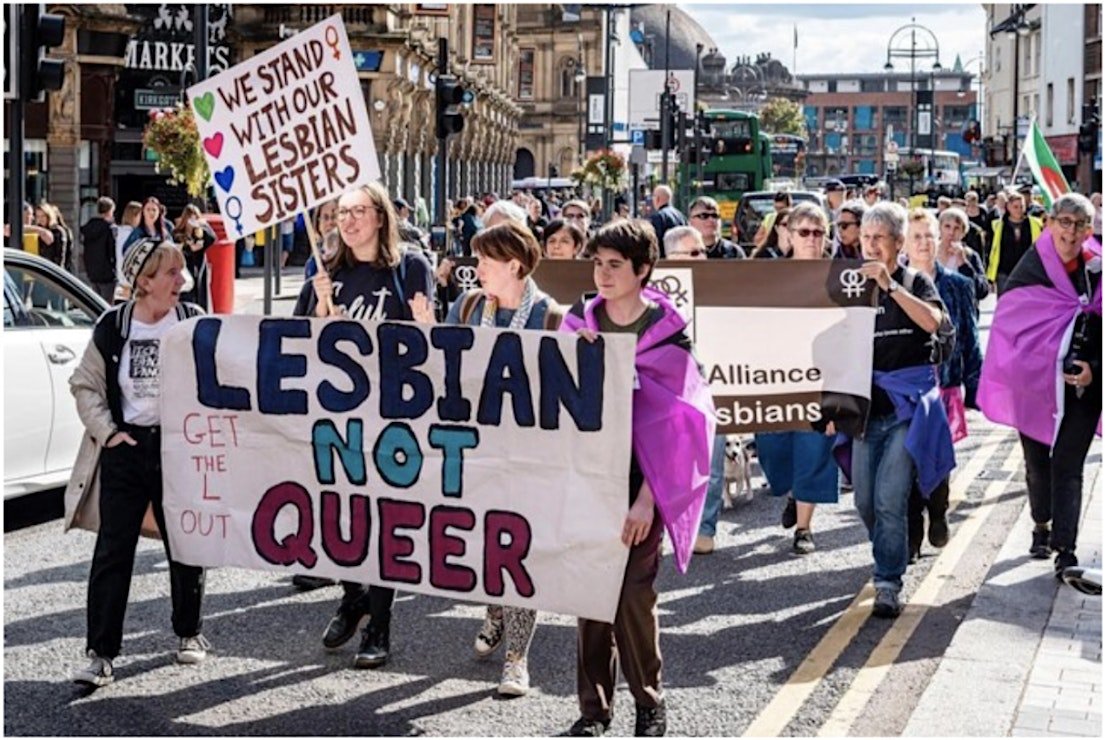Will men genuinely reflect on and work to change their own behaviour following the #MeToo campaign? Or will they express solidarity, and move on?
Middle School.
I was in the sixth grade. I had just turned 12, and my parents had bought me a new skirt for my birthday.
I was bending down to get something out of my locker.
“Purty, you lookin’ good!” said the voice behind me. I turned to see a pudgy boy I recognised from my year. A grin as wide as the sun was spread across his face.
We didn’t know each other personally. I never asked for his opinion on my skirt. He simply thought that it was acceptable to let me, and every other gawky 12-year old in the hallway, know that he had been staring at my backside as I bent down to grab my textbook.
High School
When I was 18 and a senior in high school, I went to what was only my second “real party.”
I got drunk for my first time.
A bunch of people were standing around in the kitchen, talking to their friends.
Out of the blue, I felt a hard smack against my ass. I turned around to see a guy in my year was there who was much more popular than I was. He stood there laughing, seeming to think that slapping my behind was hilarious.
At the time, I laughed about it, since I was drunk. To be honest, it was a bit funny. But even then, something about this just bothered me.
At school, I timidly confronted the guy when one of my friends said hi to him. I very nervously laughed and said “um you slapped me on the ass when you were drunk at the party.” He embarrassingly laughed and half-heartedly said “Oh sorry, I don’t even remember that. I was so drunk.”
When I thought about it more, I realised that what bothered me so much was that if I had been the popular one, and not him, then everyone would have accused him of being a weirdo and creepy. But no, my guy-friends laughed about it, saying, “Oh haha that’s SUCH a thing he would do, he’s just ridiculous.”

College
I was 19, and a freshman. I was walking to the library from my dorm.
“WHORE.”
I whirled around to find the source of the shriek I just heard. I saw a wrinkled man with white hair, driving a red truck, grinning at me. The same grin, one that stretches from ear to ear, as the grin of the boy at my locker in the sixth grade.
You probably just wondered what I was wearing. You shouldn’t have wondered, but I’ll tell you anyway. A pair of skinny jeans, my blue North Face jacket, and brown leather boots. Not an inch of my skin was showing.
Knowing nothing about me, even my name, this man, probably old enough to be my grandfather, thought that it was socially acceptable to guess my sex life and shriek it to the entire world. And apparently, he thought something was wrong with what he perceived as my sex life.
Just as with the boy in middle school, I never asked for his opinion on my appearance.
Abroad
The summer before my junior year of college, when I was 20, I participated in an exchange programme abroad in Morocco.
We took Arabic lessons in what used to be someone’s house, now made into a classroom. One day, a local boy who must have been 15 or 16 walked to the house and stood in the doorway. As we entered he would touch the girls chests and backsides. He grazed his hand over my breast.
Chances are he thought that I and the other “Western” girls in the group were probably inherently promiscuous, and eagerly awaiting the stroke of his fingers.
Men: Are You Ready to Change?
I’m 24 now.
I still get cat-called at, and harassed on social media. One man told me on Twitter to “suck it harder” after I expressed an opinion that he disagreed with.
I want to know what men will do with all the times they will now see #MeToo on their screen.
Men, have you ever been in the car with your friend when they yelled “HEY SEXY” out the window at a girl?
Be honest with yourself.
Did you say anything to your friend? Did you hint that perhaps his bellow made her feel unsafe, particularly if she was alone? Or did you laugh along with him?
If you’ve expressed solidarity with #MeToo on social media, is it because you’ve taken time to reflect on your own behaviour toward women and whether it should change? Or is it because you’re trying to impress women who you know by appearing to be a male feminist?
Hashtags like #MeToo often make issues appear less serious than they are. But the #MeToo campaign has successfully generated a dialogue about sexual abuse and harassment. Where we go from here is based on what people, especially men, do with this dialogue.
In the workplace, when you notice a man being just a bit too clingy with your female co-worker, if she appears obviously bothered, will you interrupt and join the conversation so that she’s not alone with him?
Will you tell your friends not to yell sexual comments while driving by women?
It’s up to you.






Article Discussion